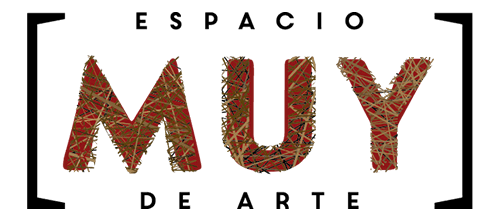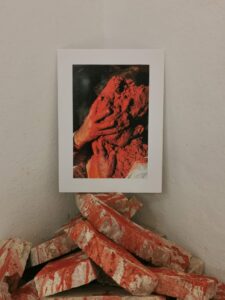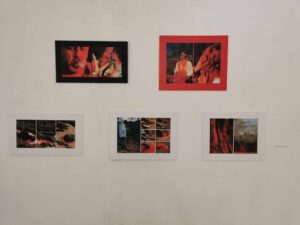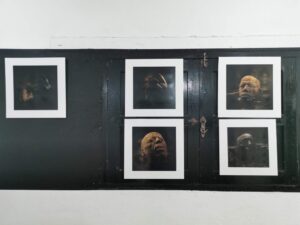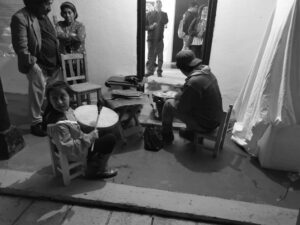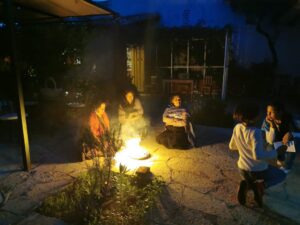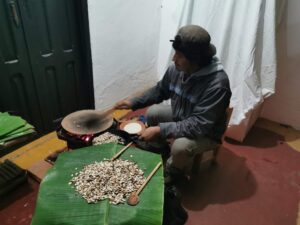Works of Caetano Días
La Galería MUY se alegra en invitar al público a conocer la exposición de obras diversas del artista brasileño Caetano Dias, con curaduría de Luciana Accioly. En esta exposición incluimos el performance de Saúl Kak, “Recuerdos Dulces”. Es el inicio de un diálogo entre estos dos artistas sobre el tema de la explotación, el racismo, y la relación con la tierra y en particular del producto agrícola del azúcar. A continuación, la nota curatorial de esta impactante muestra. Al rever un conjunto de imágenes producidas por el artista visual brasileño Caetano Días en los últimos tres años, tuve una cierta convicción de que los artistas realmente pueden ver más allá que nosotros. A veces predicen lo imposible; o prevén futuros posibles, a veces catastróficos. Cuando Días inició esta serie de acciones performáticas e intervenciones artísticas sobre episodios traumáticos de la historia brasileña, la extrema derecha aún no había asumido el poder en Brasil. Pero sí, sentíamos que algo terrible se dibujaba en el escenario político del país, aunque no queríamos creer en el horizonte de lo peor. El artista quizás ya lo supiera cuando plasmó estas imágenes hechas de pura angustia, tan actuales como el sin futuro de esta nación que se ve, ahora, chapoteando en el fango frente a la visión horrorizada de la peor cara de sí misma. Los muchos discursos sobre la supuesta brasilidad reconciliada ya no son suficientes para contener la fuerza de lo real que irrumpe, dejando en el aire un rastro denso, casi irrespirable. Con el cuerpo cubierto por una materia informe, resultado de los traumas que se acumulan en la propia imposibilidad de narrar nuestra historia, Caetano Días grita, a su manera: “¡Ya basta!”
Parafraseando a David Lapoujade, el brasileño, hoy ya no aguanta. Urge mirar hacia atrás, como lo hace el artista profeta, que en un gesto de vida y agonía desentierra los despojos de otros tiempos. Yace, en la superficie desolada de nuestros propios cuerpos rencorosos y moribundos, el testimonio de que la conjunción entre colonización, racismo y esclavitud en Brasil fue, sin duda, una de las más violentas y crueles de América Latina. Es por lo tanto desde los restos de nuestra historia que Caetano Días nos invita a crear una memoria de lo que no somos, allí donde lo inhumano en nosotros grita por futuros habitables.
Luciana Accioly
Curadora
junio de 2019
